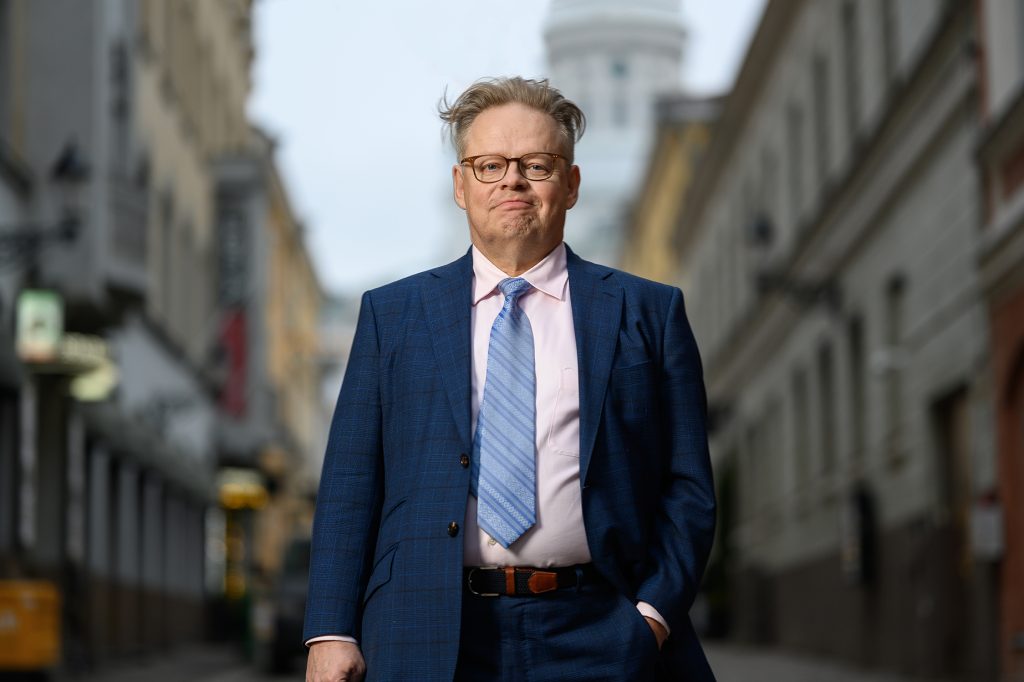The strategy period is coming to an end, and the past four years have brought major changes. The Russian invasion of Ukraine forced Helsinki to rapidly overhaul its energy production and raised the 2022 emissions to a very high level. Moreover, during the COVID-19 pandemic, the mental well-being of young people did not develop in the desired direction. However, Helsinki has taken action to address these problems: in 2023, greenhouse gas emissions fell by more than a quarter from the previous year after the closure of the Hanasaari coal power plant. Access to mental health services, especially for children and young people, has also been improved with the opening of Mieppi low-threshold mental health service units in Haaga and Kalasatama, for example.
Children and young people are at the heart of the City’s strategy in other ways as well. In autumn 2024, Helsinki became the first Nordic capital to be recognised as a Child Friendly Municipality by UNICEF. The recognition is granted to municipalities that promote children’s rights in all of their activities. Physical activity among primary school children has also picked up during the strategy period: Helsinki has promoted this by offering free activities based on the wishes of children and young people during the school day, in line with the Finnish Model for Leisure Activities.
For Helsinki, the well-being of all districts has been important during this strategy period. In the suburban regeneration areas of Kannelmäki–Malminkartano, Malmi, Mellunkylä and Meri-Rastila, efforts have been made to improve services and amenities. Helsinki is taking these measures to achieve equality between its areas, and area development has been taken into account in the City’s budget and funding allocation. The development of the city’s areas is a long-term process and has started with such measures as the renovation of playgrounds and local sports facilities in the suburban regeneration areas.
The prevention of severe segregation of the city’s neighbourhoods and population groups has also been a key objective during the strategy period. Violent crimes committed by young people and a growing sense of insecurity in neighbourhoods point to increasing and diverging well-being support needs. The accumulation of risk factors can lead to disengagement or marginalisation, deepening the lack of prospects, mistrust and alienation from society and other population groups. To stop this trend, the City has taken steps to strengthen protective factors and increase communality in schools, educational institutions and leisure activities. The City also provides targeted support for troubled children and young people and their families.
The city has been growing at a record rate for the last four years. With this growth, the need for housing and construction is immense, but there is much to reconcile. The City’s ability to reconcile conflicting sustainability goals is becoming ever more crucial as Helsinki’s ambitious climate and biodiversity goals need to be balanced with the growing city.
The ambitious climate targets have progressed according to plan. Helsinki’s last coal power plant in Salmisaari will close in 2025. Based on the current measures, Helsinki will reach its target of cutting emissions by 80% from the 1990 level by 2030. Transport emissions will become the largest source of emissions from 2025 onwards, and the City will have to find solutions to this problem as well. During this strategy period, Helsinki has addressed this by making significant investments in low-carbon transport infrastructure: a new tram line was completed between Nihti and Pasila, and the network of cycle lanes with enhanced winter maintenance has been extended around Helsinki, for example in Kulosaari and Munkkiniemi.
In addition to its climate work, Helsinki has taken significant steps to increase biodiversity. Helsinki achieved its strategic goal of adding five new nature reserves every year until the end of 2024. The City of Helsinki’s new environmental protection targets for 2040 aim to increase the proportion of strict nature reserves to at least 10% of both land and sea area — ensuring that the commitment to nature conservation is future-proofed.
As a city, we have also wanted to punch above our weight. We have invited top sustainability experts to the Sustainable Cities Discussion Forum events hosted by me to discuss issues such as the challenges of carbon-neutral cities and quality education. We have also received international recognition: in 2022, Helsinki received the Access City Award for its accessibility work, and in 2024, Helsinki was ranked first in the Global Destination Sustainability Index, which measures the sustainability of travel and event destinations. We want to continue our ambitious work so that others can learn from our example.
Juhana Vartiainen
Mayor of Helsinki

